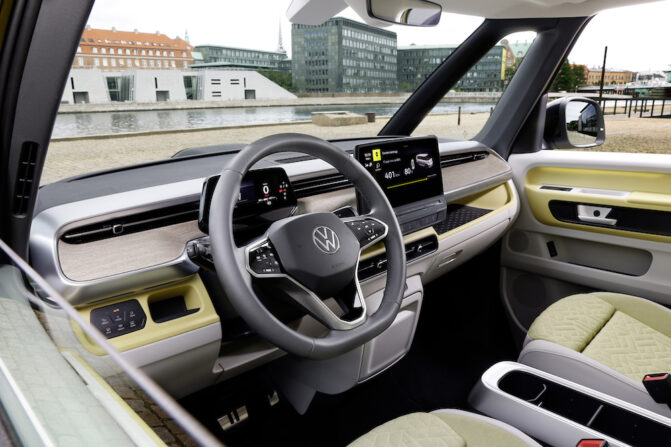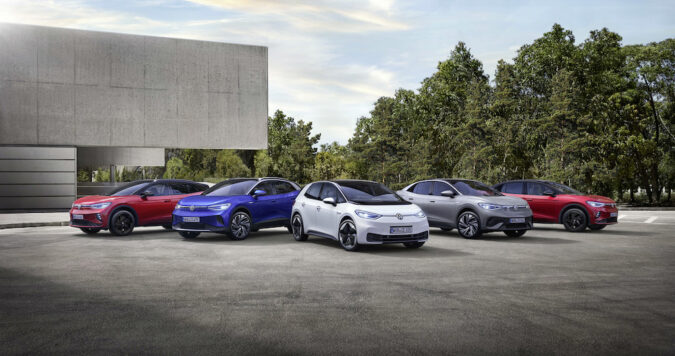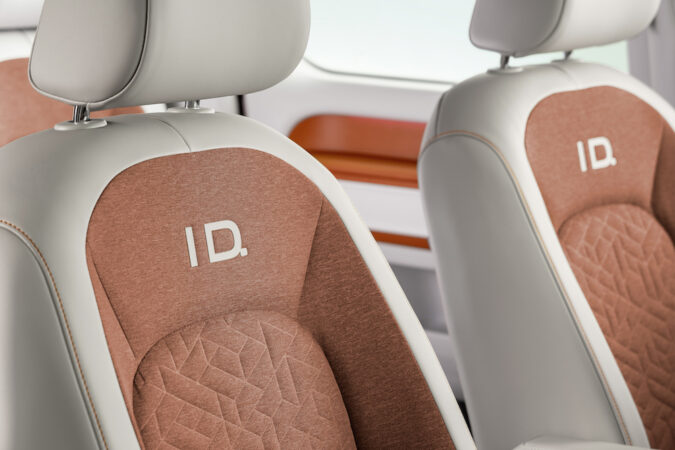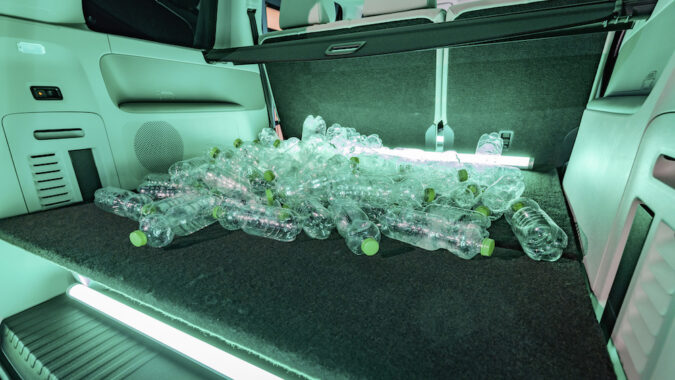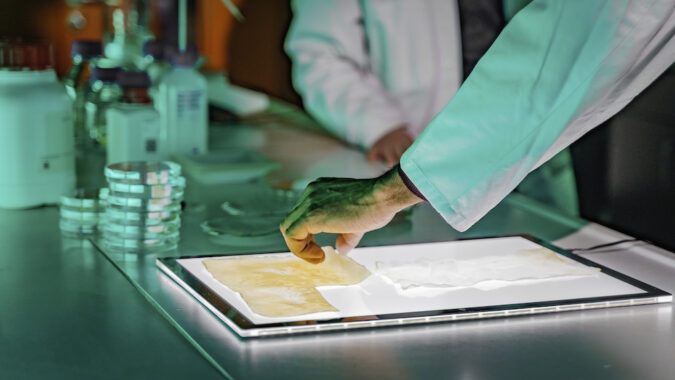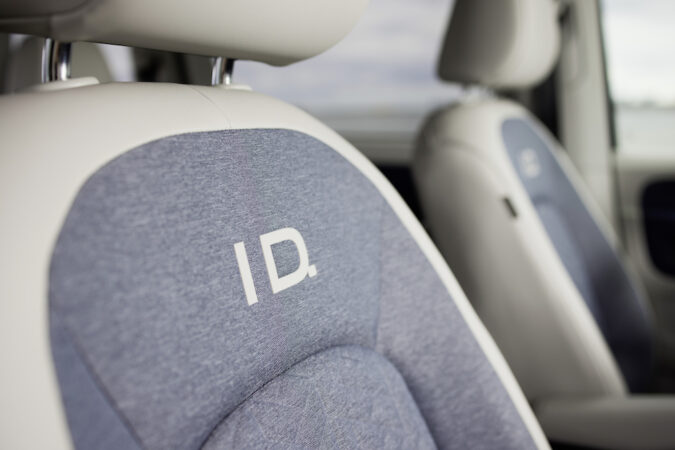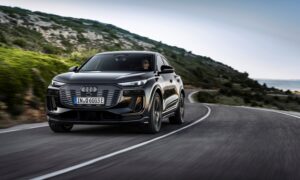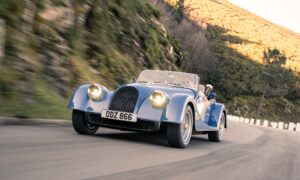Volkswagen is set to make its ID. electric family even more sustainable by incorporating recycled materials into their production. Starting this year, the ID.3, ID.4, ID.5 and ID.7 models will receive selected innovations that were first used in mass production in the ID. Buzz. This move is part of Volkswagen’s plan to cut carbon emissions per vehicle by 40% by 2030 and have a climate-neutral balance by 2050 at the latest.
Recycling Innovations from ID. Buzz
The ID. Buzz has already set the pace for recycling innovations that will now be introduced to other models of the ID. family. For instance, alternative materials made of ocean plastic or old PET bottles will be used in the interior of the new Volkswagen bus. The outer material of a seat cover is made of Seaqual yarn, consisting of 10% collected marine debris and 90% recycled PES yarn. The CO2 emissions from its production are almost one third lower than conventional cover materials. In seat covers with ArtVelours Eco®, the recycling share is 71%. Additionally, the headliner and floor covering in the ID. Buzz’s interior are made entirely of recycled polyester, while recycled plastics can be found in the insulating layer of the carpet.
Recyclates as a Full-Value Alternative
Recyclates are processed used materials that can be applied to new products. PET bottles and old fishing nets are examples of plastic waste materials that can be processed into granulates and reused. In the interior, the reused materials must always offer the same characteristics as conventional ones, including their look, feel, durability, and longevity.
No More Chrome for Trim Parts
Volkswagen has decided to stop using chrome for trim parts on the doors, instrument panel, and steering wheel clip of the ID. Buzz, as the production of chrome harms the environment. The chrome has been replaced by a liquid paint with a chrome look that has a bio-based binder. This innovation will be introduced in the ID.3, ID.4, ID.5 and ID.7.
Volkswagen’s Way to ZERO
Volkswagen is committed to analysing and optimising the complete vehicle life cycle from basic research, through development and production, up to end-of-life recycling. Volkswagen also strives to realise closed material cycles for all the raw materials used to achieve its goal of becoming climate-neutral by 2050. The incorporation of recycled materials in the ID. family is just one of Volkswagen’s steps towards achieving its goal.
In conclusion, Volkswagen’s introduction of recycled materials in the ID. family shows the company’s commitment to sustainability and eco-friendliness. With this move, Volkswagen is not only meeting its environmental goals but also providing a cleaner and more sustainable driving experience for its customers.

